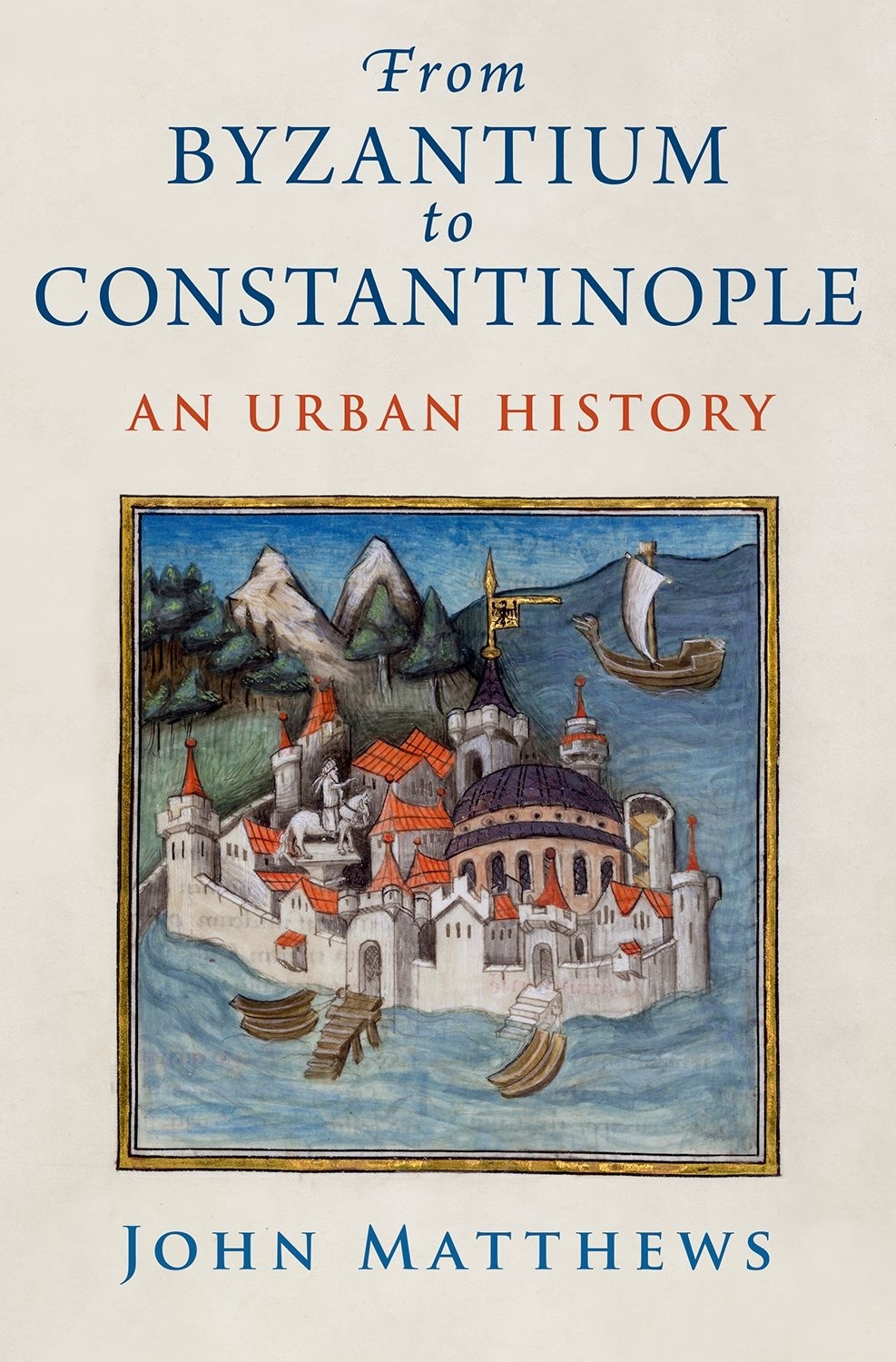

Most ebook files are in PDF format, so you can easily read them using various software such as Foxit Reader or directly on the Google Chrome browser.
Some ebook files are released by publishers in other formats such as .awz, .mobi, .epub, .fb2, etc. You may need to install specific software to read these formats on mobile/PC, such as Calibre.
Please read the tutorial at this link: https://ebookbell.com/faq
We offer FREE conversion to the popular formats you request; however, this may take some time. Therefore, right after payment, please email us, and we will try to provide the service as quickly as possible.
For some exceptional file formats or broken links (if any), please refrain from opening any disputes. Instead, email us first, and we will try to assist within a maximum of 6 hours.
EbookBell Team

4.3
38 reviewsThe book surveys the events that led to the establishment of Constantinople, the circumstances of its foundation, and the first hundred years of its development as an imperial capital city resting upon a new religious identity. Based on a description and critical evaluation of the sources of the earlier history of the city of Byzantium, it attends to one document in particular–the Notitia Urbis Constantinopolitanae–a regional survey of the resources and monuments of the city, written in the early fifth century but preserving many details of the city as it had developed from its Greek and Roman background. Ranging from descriptions of Constantinople's facilities for the fighting of fires and distributions of bread, to the number of churches established in this period, the Notitia allows for a study of the economic and social diversity and housing conditions of its regions.
Constantinople, the new Rome founded by the first Christian emperor, was not built in a day nor did it lack an earlier history as an important city in a strategic location. The integration of these diverse and variously problematic sources enables the foundation of Constantinople to be understood in terms of a developing understanding of its role, and as a series of initiatives that could be accommodated by the
…